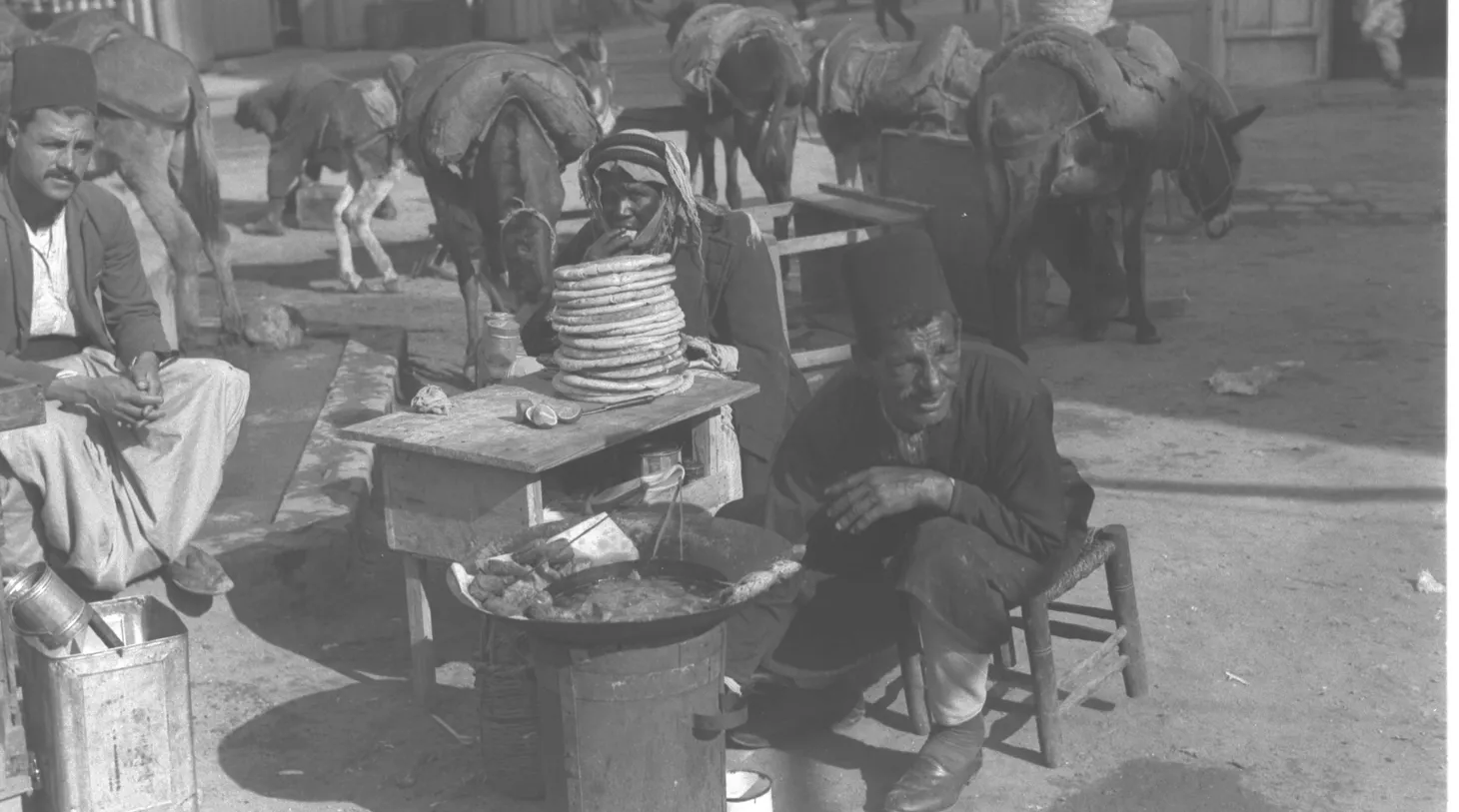Middle East
“People of All Tongues”: Teaching the Continuity of Religious Diversity in Dar al-Islam
Discussion of teaching the continutity of religious diversity in Dar al-Islam
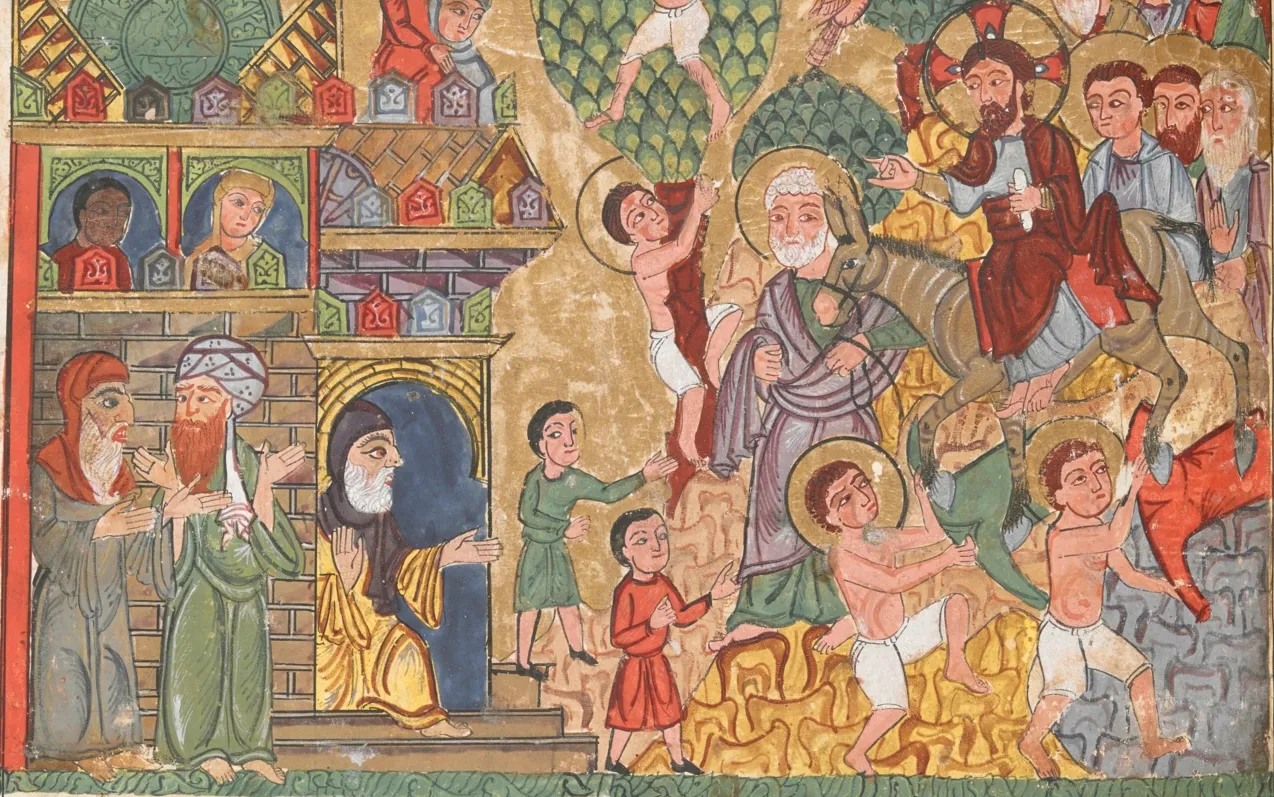
“Escape the Prison of Our Narrative”: Teaching Israeli and Palestinian Nonviolence
Discussion of Palestinians and Israelis who have supported nonviolence in the late twentieth and early twenty-first centuries
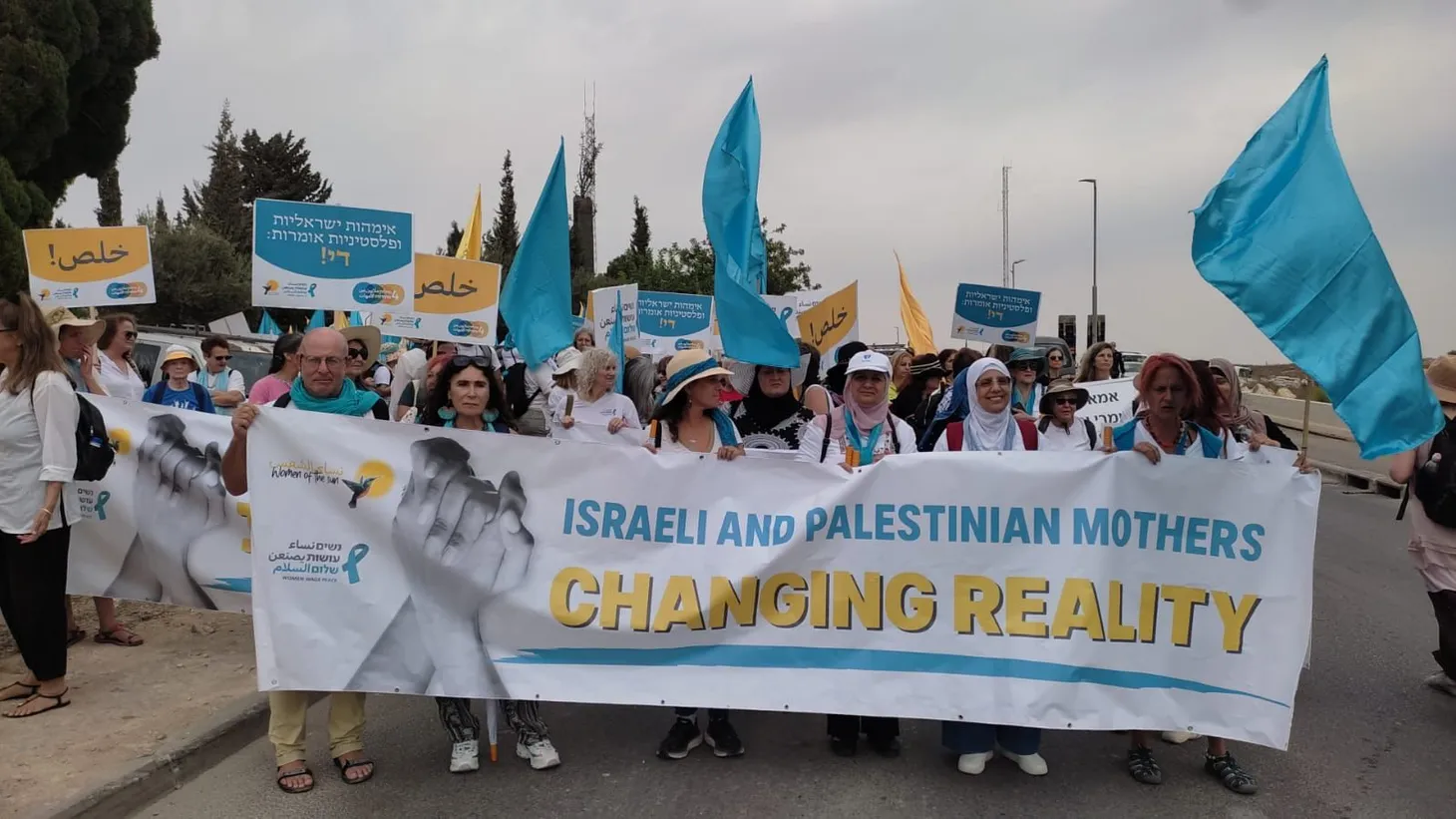
“Singing Two Different Lullabies at the Same Time”: Using Political Cartoons to Teach British Palestine, 1936-1948
Discussion of Palestinian and Jewish political cartoons from the 1930s and 1940s
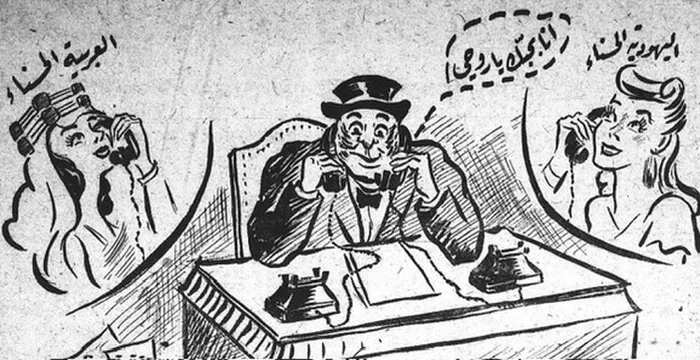
“A Kind of Mutual Understanding Prevailed”: Competing Visions of Mandatory Palestine’s Future, 1920-1936
Discussion of teaching Israeli and Palestinian shared history between 1920 and 1936
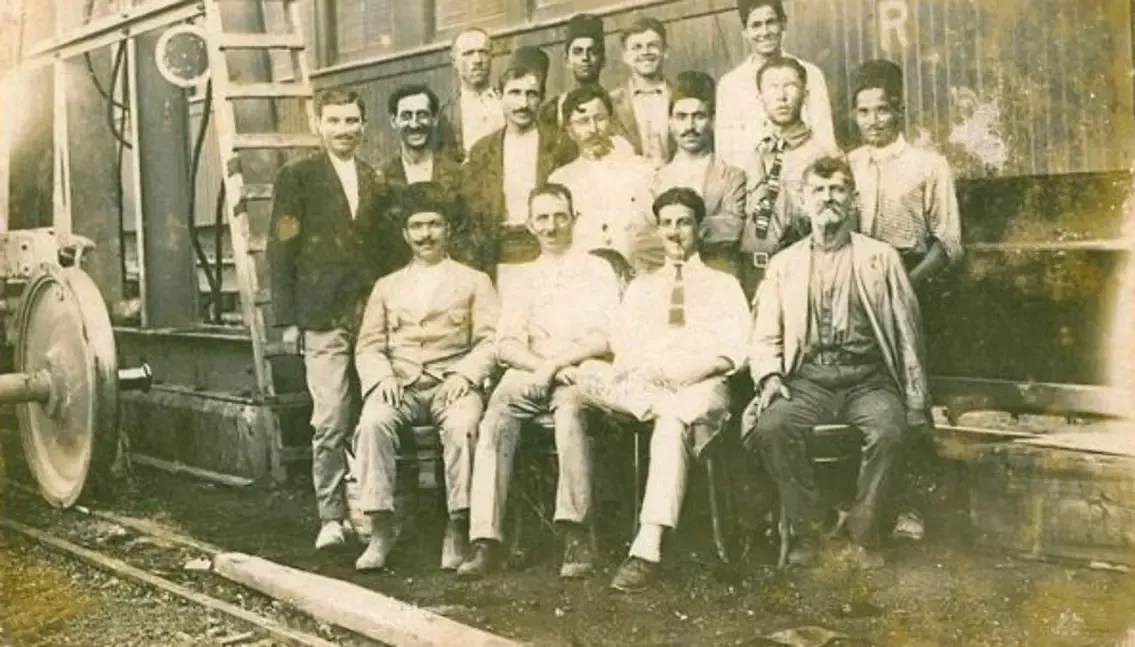
“Hebrew with an Arabic Accent”: Teaching Israeli and Palestinian Shared History with Short Stories
Discussion of using short stories to teach twentieth century Israeli and Palestinian history
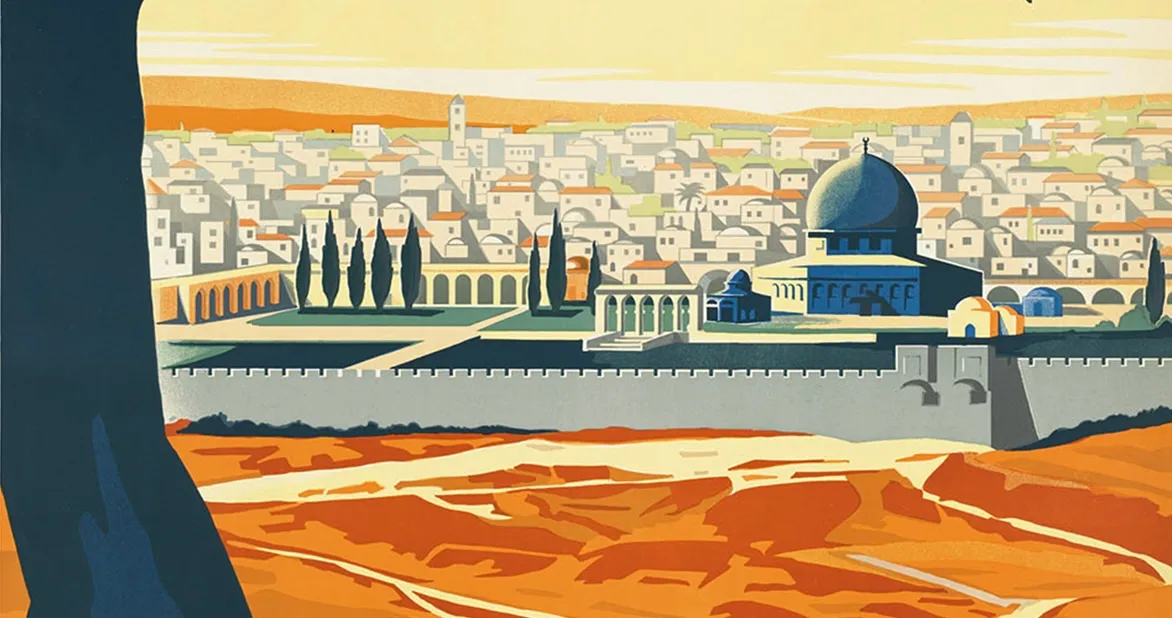
“We Are All Poor Nowadays”: From Ottoman Palestine to British Mandatory Palestine, 1914-1920
Discussion of teaching the experiences of Palestinians and Israelis during the First World War
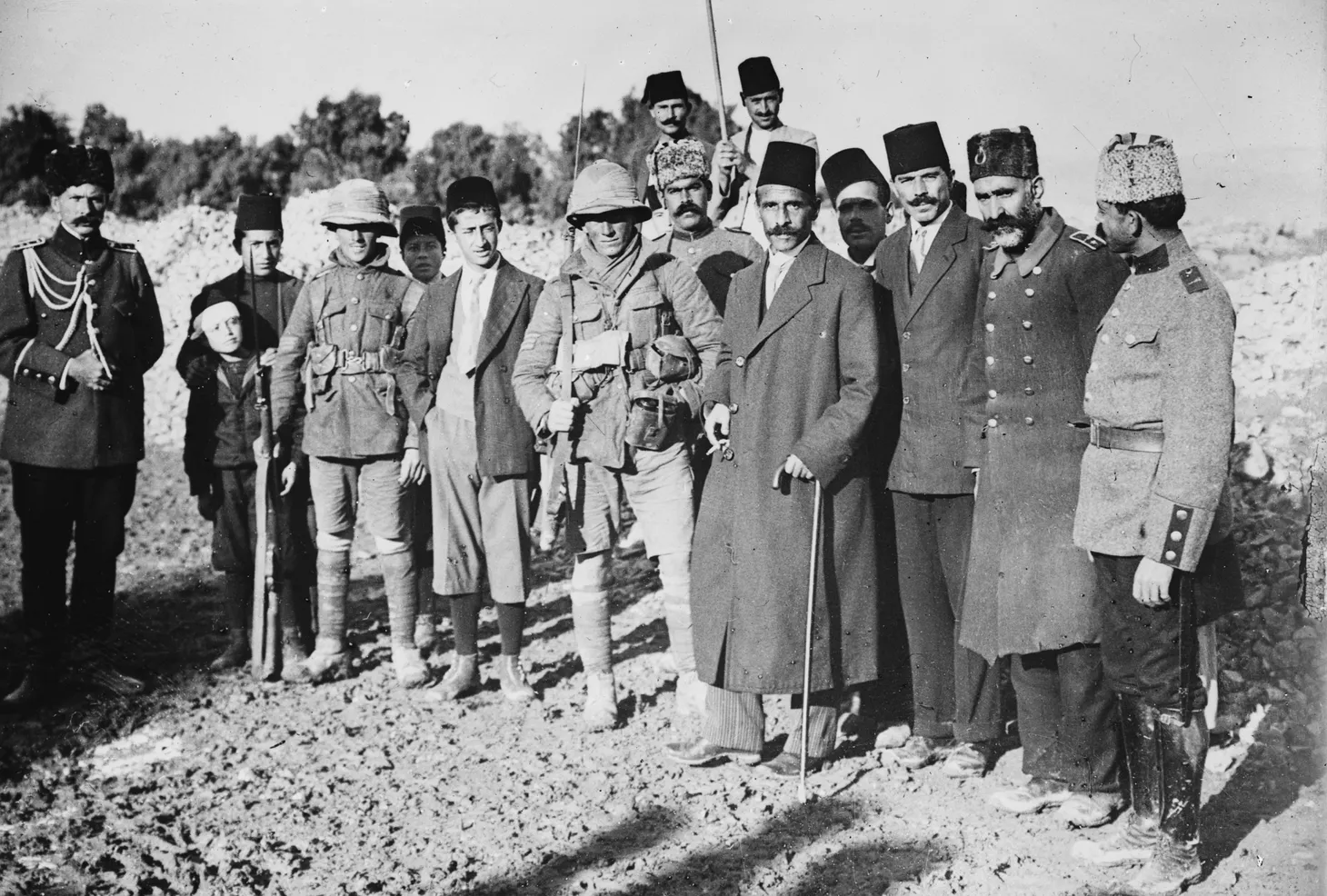
“Study and Understand the Psyche of Our Neighbors”: Palestinian and Zionist Exchanges, 1899-1914
Discussion of teaching Palestinian and Zionist encounters at the beginning of the twentieth century
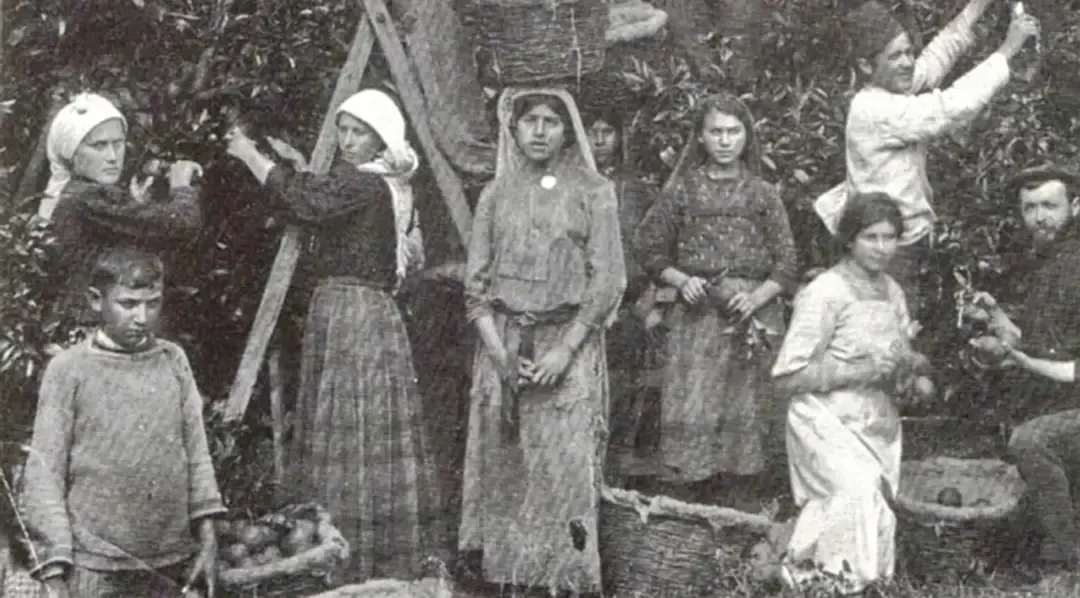
“Improves the Conditions of the Colonies”: The First Zionist Settlements in Ottoman Palestine
A discussion of using the first Zionist settlements in Ottoman Palestine to teach colonialism
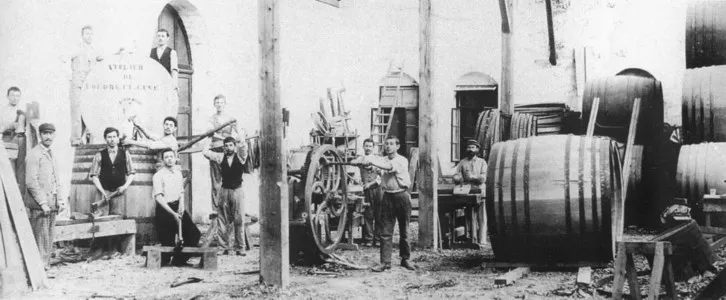
“When I Came to Jerusalem”: Teaching the Social Changes of Industrialization using Nineteenth Century Jerusalem
Teaching the social effects of industrialization
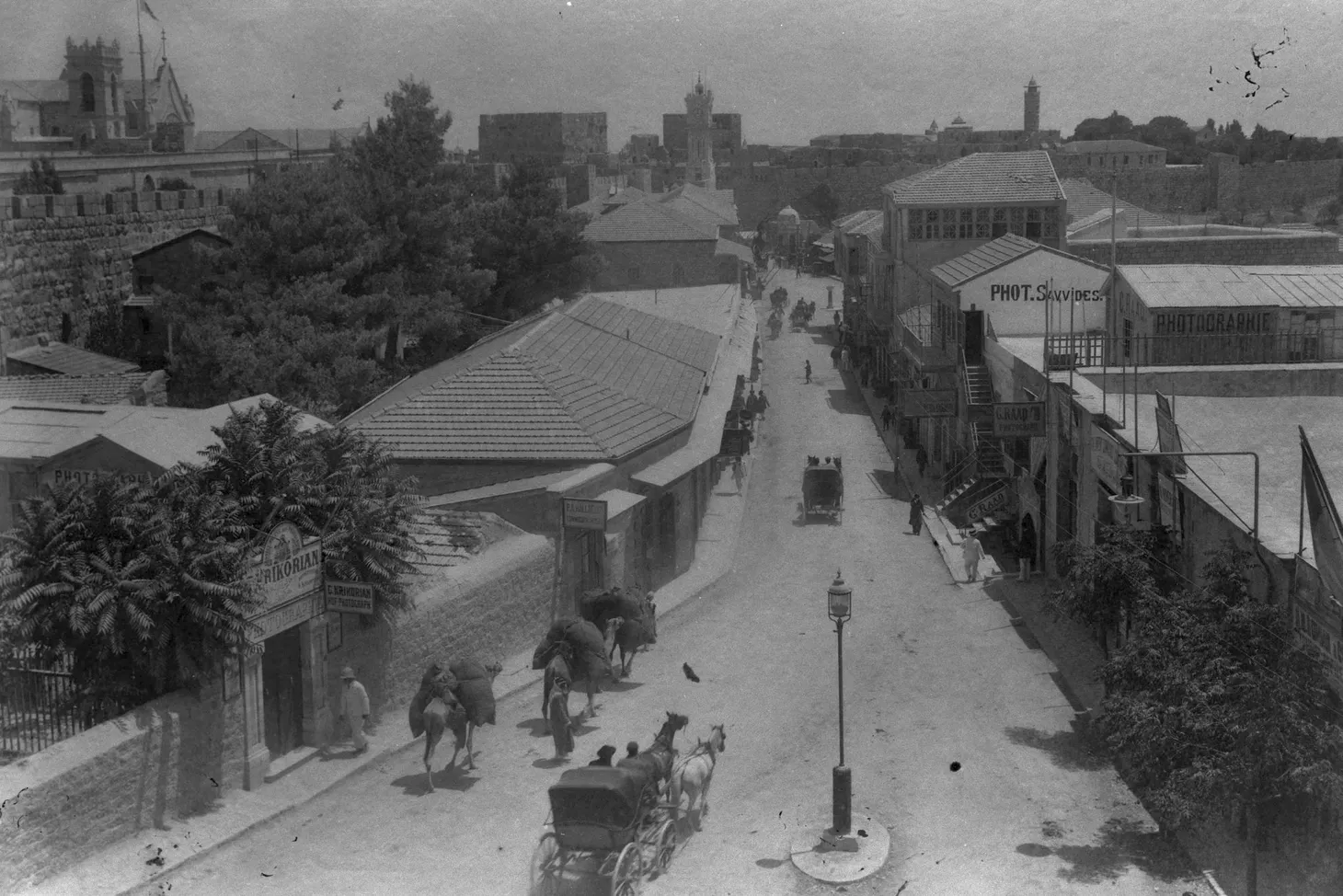
“Identity is Always Complex”: Teaching the Shared Histories of Israelis and Palestinians
Discussion of how to move beyond teaching the Israeli and Palestinian conflict and instead teach the shared histories of Palestinians and Israelis from a world-historical perspective
